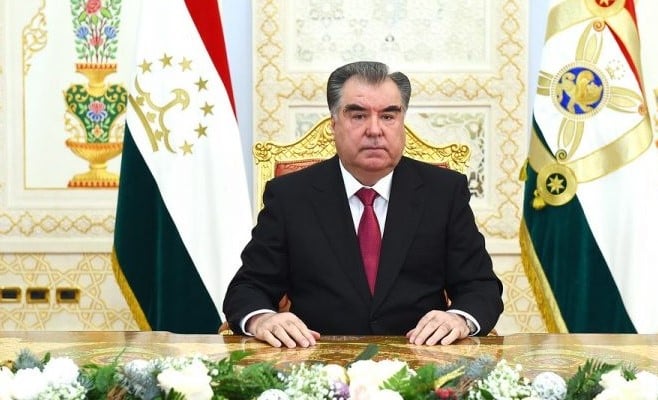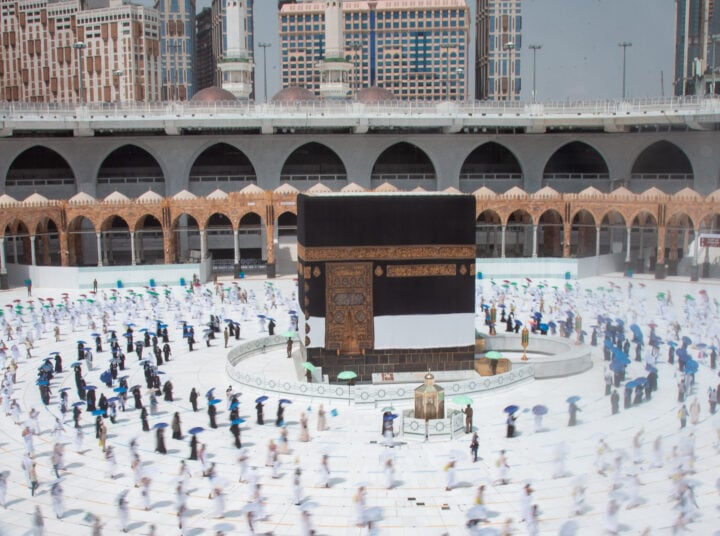Tajikistan’s upper chamber of parliament has seconded the law banning hijabs, head coverings worn by many Muslim women.
The upper chamber also banned the celebrations of Eid-el-Fitr and Eid-el-Kabir, two major Islamic festivals in the country.
Tajikistan is a Muslim-majority country landlocked in Central Asia.
The Majlisi Milli, the country’s upper chamber of parliament, approved the bill on Wednesday, about two weeks after the lower chamber passed the bill.
Advertisement
Lawmakers said the hijabs are “alien garments” associated with Islamic extremists.
Penalties for offenders vary from 7,920 somonis (about 745 dollars) for individuals to 39,500 somonis (3,718 dollars) for legal entities.
Government officials and religious authorities face much higher fines of 54,000 somonis (5,083 dollars) and 57,600 somonis (5,422 dollars), respectively, if found guilty.
Advertisement
The Tajik authorities’ clampdown on the hijab began in 2007 when the education ministry banned both Islamic clothing and Western-style miniskirts for students.
The ban was extended to all public institutions, with some organisations demanding their staff and visitors remove their head scarves.
Local governments set up special task forces to enforce the unofficial ban, while police raided markets to detain “offenders.”
Earlier this month, the Council on American-Islamic Relations (CAIR), the nation’s largest Muslim civil rights and advocacy organisation, condemned the ban.
Advertisement
The CAIR said the restrictions were a drawback in the global struggle against anti-Muslim bigotry.
Add a comment










